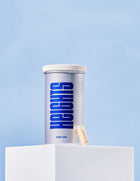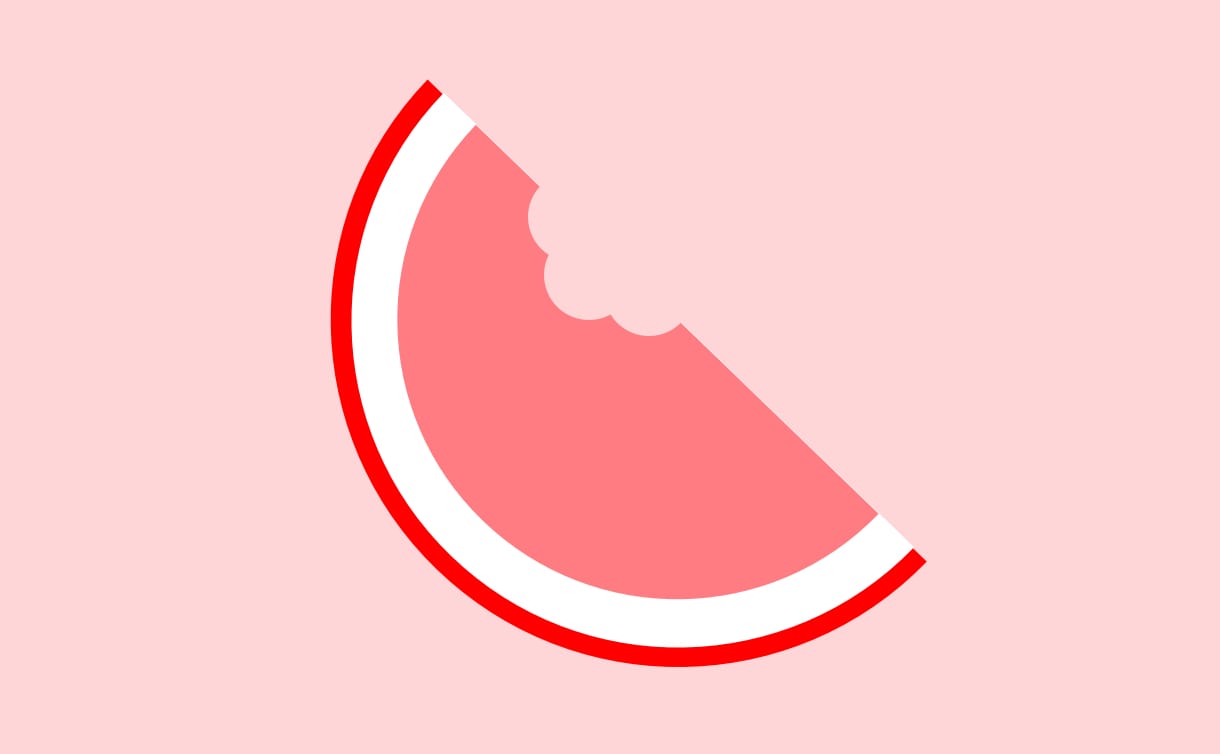
Biotin benefits and dosage
Discover biotin benefits and how you can get more of it in your diet or with a supplement

Also known as vitamin B7, biotin is part of the full B complex. It’s a nutrient that everyone needs, and it helps your metabolism extract energy from food sources. In this article, we’ll go through biotin benefits, whether a supplement is necessary, and if there are any side effects.
What are the benefits of biotin?
Biotin is a water-soluble nutrient. It’s essential for converting the energy in foods into energy that our bodies and brains can use, as well as the production of fatty acids.
We can’t produce it ourselves, so we get the benefits of biotin from food (the vitamin is commonly found bound to proteins) and the bacteria in our gut.

Biotin benefits
We don’t need a lot of biotin, but it is still an essential vitamin that plays an important role in various functions of your brain and body.
So what is biotin good for?
-
Converting food to energy
-
Metabolising fats to promote healthy skin
-
Contributing to a balanced mood
-
Maintaining a healthy nervous system
-
Supporting the immune system
Does biotin grow hair?
There’s some evidence to suggest that there are biotin benefits for hair in particular. If you're after luscious locks and have tried many hair treatments, this might get you thinking 'well, is biotin better for hair growth?'. There's no conclusive answer yet, but not getting enough has been shown to contribute to thinner hair and there’s ongoing research to determine whether the extra supplementation of biotin can lead to hair growth.
Is it good to take biotin everyday?
You can take biotin every day, but really don’t need a lot. Whereas many nutrient reference values (NRVs) are measured in milligrams, the NRV for biotin is 50 micrograms (0.05mg) per day.
What are the symptoms of low biotin levels?
Low biotin levels are rare, but they can happen, particularly among individuals predisposed towards low nutrient. Chronic exposure to alcohol is another factor that can make a biotin deficiency more likely. Signs of potential low biotin include thinning hair, rashes, brittle nails and conjunctivitis.
Biotin foods
While a lot of biotin is created by gut bacteria, it’s also available in small quantities in a variety of ingredients. Foods that contain a lot of biotin include:
-
Eggs
-
Salmon
-
Liver
-
Sunflower seeds
Biotin supplement benefits
Biotin is available through your diet, but many people can benefit from supplementation. If you do take a biotin supplement, taking it at the same time as other B vitamins will help optimise energy release. You can read more about each of these vitamins here:
Are there any side effects of biotin?
Research suggests that there are no side effects of biotin, even if taken in large amounts. That means that there’s no established safe upper limit (SUL), and no reason to be worried about excess intake.
Know your own mind?
The average brain health score is 51/100. Take our 3-minute quiz to learn how yours measures up and how to boost it.















